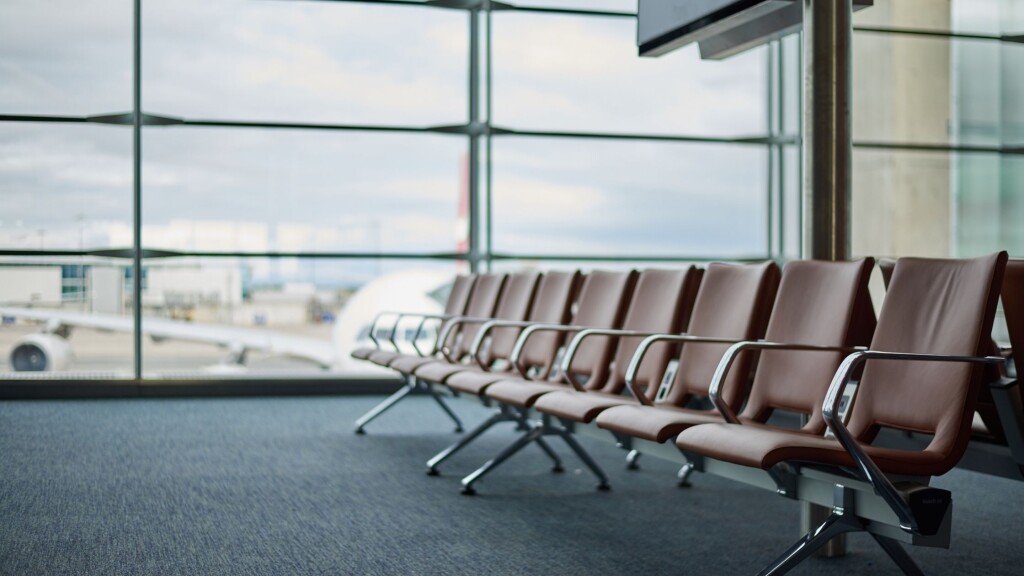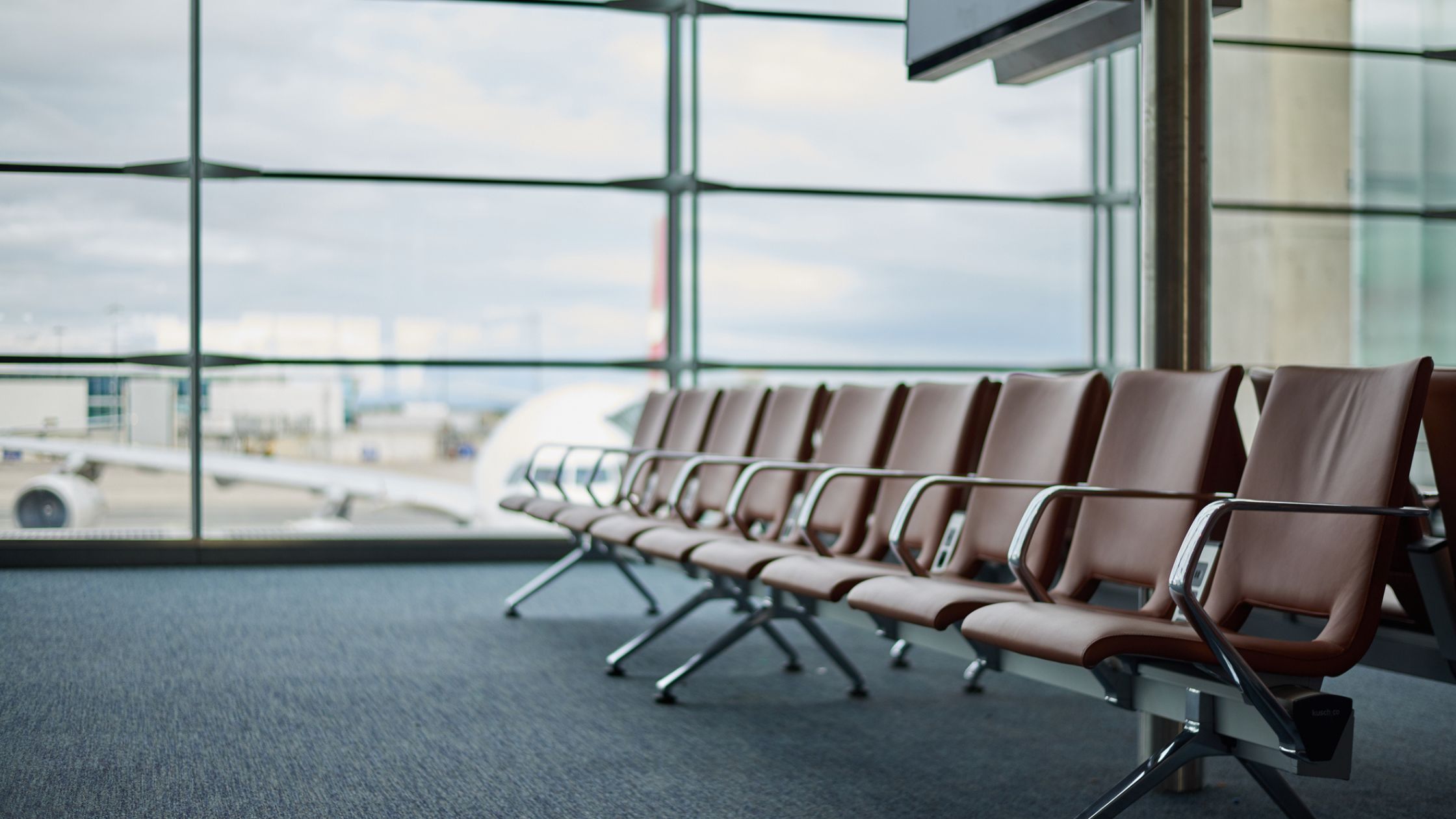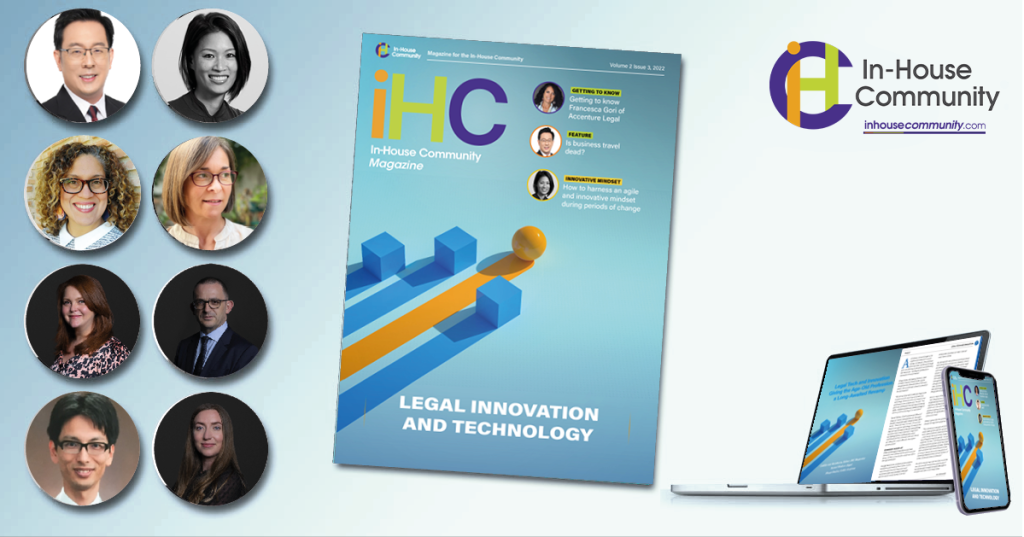
It is a pleasant, sunny morning. My coffee is frothing nicely, the delectable aroma wafting gently about my bedroom. I have just donned my favourite pair of beach Bermudas, in striking blue emblazoned with little yellow pina coladas. I draw the curtains wide to let in the bright sunshine and grab a bag of potato chips on my way across the room.
Unfortunately, I am not heading off for a nice swim or frisbee in the park. Instead, it is a Monday, and I settle at my desk to log on for a meeting with my international counterparts.
This is 2022, and the world has been upended by more than two years of a global pandemic. Many of our offices have gone from comprising system furniture parked in long rows in a nondescript high-rise commercial building, to comfortable gaming chairs and ergonomic tables nestled in our bedrooms or study rooms. Our colleagues no longer lean over the cubicle partitions with coffee cups in hand, sharing their latest run-in with the HR department, but now stare at us emotionlessly out of little digital pigeonholes on our monitor screen, their silhouettes morphing oddly with every twitch or shake of the head. “Let’s meet at the lobby for lunch” has vanished from our vernacular, replaced by “I think your mic is muted”.
Against the backdrop of all this, a genuine question arises – when the pandemic is fully behind us, will people return to in-person meetings and dispute resolution hearings? Or will the comfort of our homes and the inertia of not needing to wear proper trousers prove decisive in shaping the future of work? When increasing climate change consciousness is added to the mix, what then are the prospects for business travel?
I suspect that people will still brave being cooped up on a flying metal tube for hours, enduring airport security, navigating interrogations by unfriendly immigration officers, just to see the Grand Canyon in person or snorkel at the Great Barrier Reef. It might not follow that they will also do it just to end up stuck in a featureless meeting room in a foreign city for days on end, thrashing out details of a commercial agreement or arguing their case before a tribunal. The ability to achieve the same result while sitting in their own bedrooms, minus the physical and mental toll of international travel, with the added bonus of being able to check on a sleeping child or dash out for some groceries at the lunch break, may lead to cross-border in-person meetings becoming few and far between.
Where would that leave institutions like Maxwell Chambers, where we have worked over the years to create world-leading dispute resolution facilities? Have post-pandemic realities rendered us obsolete as a physical site for hearings? Will we be consigned to the scrapheap of history as the world trapses around in the metaverse, armies of garishly adorned digital lawyers gleefully arguing cases before equally colourful avatars of arbitrators, all set against a virtual backdrop meticulously rendered to look like a scene from “Avatar”?
Thankfully, my many conversations with friends from all over the globe seem to point to the answer being “no”. This is due to a combination of human nature and the current state of technology. We sometimes forget that the pandemic may have been deep and long, but people remain people, and technology has only advanced so much in two years. The human factor will likely remain relatively constant for generations to come, as evidenced by people still meeting face to face for coffee even though the telephone was invented a hundred and fifty years ago. Technological challenges, though, will gradually diminish over time, with improvements and innovations being introduced for every link in the chain.
Regarding the human factor, it is no surprise that people want to be in the presence of other people. This preference for the figurative (and occasionally literal) warmth of someone else being in the same room, the ability to read and react to body language and signs of discomfort or approval, the ability to go beyond just talking and listening to being able to hug, shake hands, kiss on the cheeks or exchange physical gifts, these all feature prominently in the reasons why people will make the effort to cross oceans and live in hotel rooms. Catching up with old friends over food and drink is much more enjoyable and refreshing compared to just talking over the phone or texting. People want to meet face to face, and will continue to meet face to face, as long as travelling remains possible.
On a professional level, there continue to be myriad reasons for in-person hearings of various configurations. Lawyers tell me they like to be in the room with the other side during cross examination, looking for important clues about weaknesses in the other party’s case, betrayed whenever the opposing counsel squirms or suddenly leans over for a frantic internal huddle with the rest of the team. Watching the facial and body cues of the arbitrators also helps experienced advocates know whether they are doing well or losing the tribunal during their presentations. Mediators echo similar thoughts – that they are far more effective in reading the mood of parties when they are in the same room, as opposed to attempting to do the same amidst paucity of visual clues resulting from only seeing a patchwork of talking heads on a screen. A private caucus with one side also achieves far less when the mediator and the party feel disconnected and distant over a digital connection.
Making the effort to meet someone physically, especially if the journey was challenging due to time or cost, is a way to honour the other person and demonstrate sincerity and commitment. Salespeople understand this deeply and will strive for the opportunity to speak to a prospective client face to face whenever possible. This dynamic is also understood by lawyers and addressing an arbitral tribunal in person appears to be the preferred way they want to run their cases.
Working across time zones is also physically and mentally exhausting, so travelling to another city for a long hearing can help with adjusting and focusing. There is also the problem of life intruding on your work when operating remotely, whether it is a colleague popping in to ask you a question in the middle of your hearing, or a child running across the room behind you fully naked, being chased by an angry grandmother.
Even if a hearing is virtual, counsel and arbitrators may not necessarily log in from their own individual rooms but may still make use of a dedicated facility to dial in as a group to the hearing online. Arbitrators tell me that they will still insist to meet in person as a tribunal, even if the rest of the hearing joins in online, because they work much better as a team when they are able to huddle during breaks and meals, and to spend extended time deliberating issues face to face. In a similar fashion, legal teams also seem to prefer meeting together in a group for virtual hearings, using a conference room and common screen and camera so that they can observe and discuss the proceedings together, presumably with the mic in the room muted. Lead counsel may have a dedicated camera and mic but will remain within discussion range of the rest of the team.
As hard as it is to believe, lawyers have friends too, and they will frequently use evenings or weekends while arbitrating in a foreign city to catch up with people they know in that place. Some may even extend their stay for several days to catch some of the sights of the place, or do it over a free weekend in the middle.
On the technological front, the challenges faced by virtual hearings remain formidable. From the size of the screen in front of each person, affecting the amount of detail and information that can be presented, to the quality of the camera, to the lighting conditions of a given room, to the microphone and the acoustics of the surroundings, these are all crucial pieces of the puzzle required for a decent online meeting. And yet, computer processor speed and poorly written programme code can conspire to create laggy experiences, with jerky, juddering images of your counterpart on the screen mated with patchy and distorted speech squawking out of your speakers or earphones. Solving internet bandwidth problems remains a mystery to the average person, where a combination of dead zones in one’s house or the neighbours all logging on at the same time to catch “The Crown” on Netflix can add more frustration to an already challenging tech journey. And even if everything goes perfectly on your end, if there are problems on your counterpart’s end, it can all be for nought. It is akin to using a fantastic mobile phone to talk to someone, only to discover that the other person’s phone is out of battery power.
Many people also do not want the hassle of troubleshooting their own IT problems. Working in-person, even if only within a room of a dedicated facility,dialling out to a virtual hearing, allows lawyers and arbitrators to lean on the help provided by IT staff of that facility. Having the luxury of calling somebody into the room to get help when your screen suddenly goes blank, can be the difference between a minor inconvenience and an afternoon of a hearing written off due to “technical difficulties”.
Finally, there is the simple fact that the clarity of sound and image on even the best computers and setups cannot compare with what happens in person. In a multibillion-dollar dispute, the last thing anybody wants is to mishear a witness or one of the lawyers. Until the day comes when the online experience matches or surpasses the physical one, there will always be people who will insist on the latter.
So, to conclude, it will be some time before we see the disappearance of business travel, if at all. The world has been changed by the pandemic, but not as much as we feared, and not as much as we hoped. But it will continue to change, whether through advancements in technology or processes, or cost considerations, or environmental concerns. And all physical hearing facilities, like Maxwell Chambers, must continue to grow and evolve to keep apace, to remain as key pillars of the international dispute resolution industry.

Ban Jiun Ean, Chief Executive, Maxwell Chambers
Maxwell Chambers is the world’s first integrated Alternative Dispute Resolution complex, housing best-in-class hearing facilities and top international ADR institutions. It is also a one-stop shop providing a full suite of digital hearing solutions and support services, providing an end-to-end solution for clients.
Click on the image below to read more articles from Dec 2022 issue of IHC Magazine including Legal Innovation and Technology




